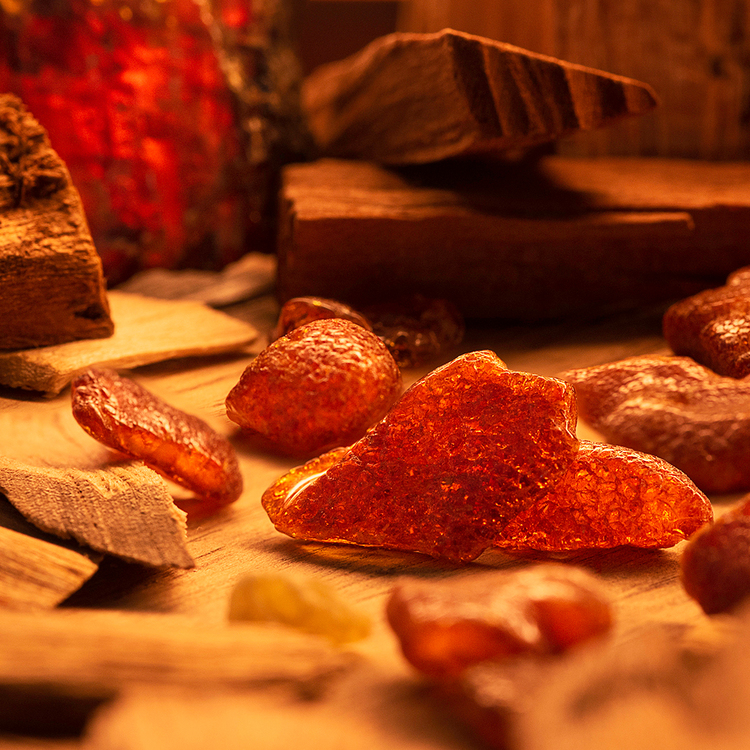
The trend of premiumisation in fragrance is moving towards the mass personal care segment and driving demand for more complex scents, according to Australian sandalwood supplier.
Fragrance premiumisation has been most evident in the prestige market, but consumers are now expecting the same from their shampoos and body lotions, said Guy Vincent, CEO Dutjahn Sandalwood Oils.
"We have brands like Tom Ford that are pushing the envelope with lots of naturals, very high quality. They are pushing things at the prestige luxury market and that's opening a space in mass. Now people want that high quality in their daily use products," said Vincent, the former head perfumer at Estee Lauder-owned Aveda and former head of R&D at Aromatherapy Associates.
"Consumers are getting more discerning. We saw through COVID, there was a focus on candles and air care from premium brands. That premiumisation has increased and there's real potential for that in the mass segment."
Vincent told CosmeticsDesign-Asia that he has been tracking the evolution of fragrances in the mass segment and has observed "a lot more complexity in their execution." He believes the premiumisation trend in fragrance would likely follow that of the skin care category.
"We saw the same happening in texture development. So, we're starting to get that level of sophistication. Also, consumers are also demanding traceability; they want to know what's in the product exactly."
New life for dead wood
To fill this gap, Dutjahn Sandalwood Oils has recently launched a new range of Australian sandalwood (Santalum spicatum) oils extracted from already fallen sandalwood trees that have been naturally sundried in the Australian outback.
The 50% Indigenous-owned Australian firm works with two Aboriginals groups to harvest according to traditional knowledge and methods.
Oil extract from this deadwood is darker and has a unique odour profile compared to oil extracted from green wood. It is then run through a distillation process to "iron out the creases" more traditional perfumers may not like about the oil, said Vincent.
In addition to that warmth and woodiness sandalwood is prized for, the company said it has "added resinous facets akin to olibanum or myrrh and flinty notes."
Furthermore, just like traditional Australian sandalwood oil, it can enhance the performance of the formula in terms of longevity as well as scent.While this oil can be used for fine fragrances, the company believes the opportunities lie in the mass sector. According to Dutjahn, using the oils low concentrations like 0.01% can amplify the other notes and add a "naturality and vibrancy" to the formulas, making it particularly good in personal care products.
It's good for body care and wash-offs because it makes itself known earlier and announces itself in the dry down, it also increases the strength of the formulas. It's best with florals and other areas of formulation. For instance, with Desert Dry, a rose will smell more of rose, it amplifies and gives it strength. It pushes boldness in the formulas which is very on trend.



